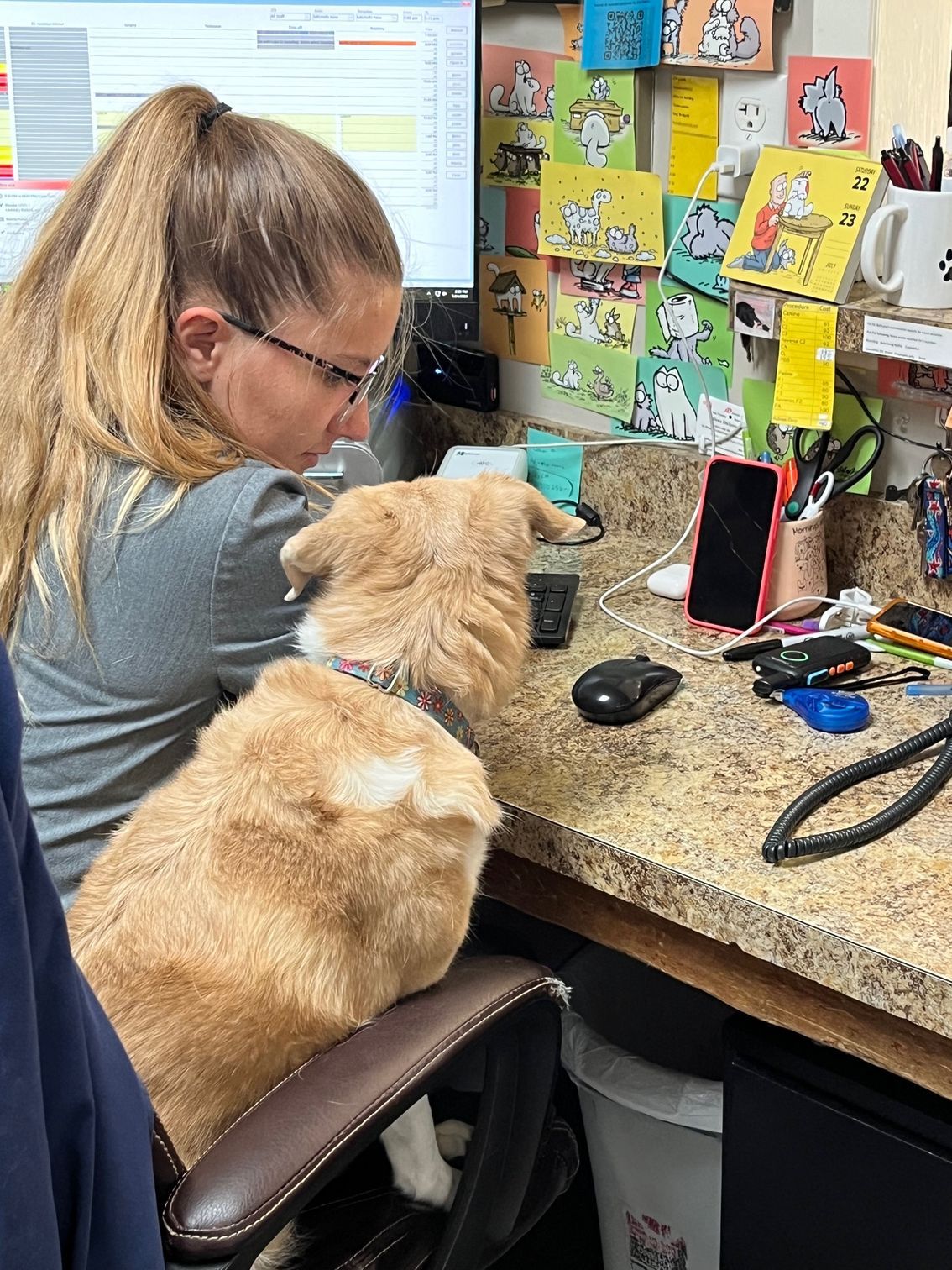Essential Guidance for Cat Owners
Vaccination is a cornerstone of feline health care, ensuring your cat stays protected against various serious and sometimes fatal diseases. Vaccinating your cat is a proactive step toward safeguarding their health and well-being. By adhering to recommended schedules and consulting your veterinarian, you can ensure your feline friend remains protected against preventable diseases throughout their life.
The Importance of Feline Vaccination
Cats, like humans, are vulnerable to a range of infectious diseases. Vaccinations stimulate their immune systems to build defenses against these illnesses, reducing the severity of symptoms or preventing infections altogether. Ensuring your cat is vaccinated not only protects their health but also shields other pets and humans in the household from zoonotic diseases.
Types of Vaccines for Cats
Vaccines for cats are broadly categorized into two groups: core vaccines and non-core vaccines.
Core Vaccines
Core vaccines are considered essential for all cats, as they protect against diseases that are widespread or particularly severe. These include:
- Feline Panleukopenia (FPV): Also known as feline distemper, FPV is a highly contagious viral infection causing severe diarrhea, vomiting, fever, and dehydration.
- Feline Viral Rhinotracheitis (FVR): This vaccine protects against a common respiratory illness caused by the herpesvirus.
- Feline Calicivirus (FCV): FCV can lead to respiratory infections and oral ulcers.
- Rabies: Rabies is a fatal viral disease that affects the nervous system and is transmissible to humans.
Non-Core Vaccines
Non-core vaccines are recommended based on factors such as your cat’s lifestyle, environment, and risk of exposure. These include:
- Feline Leukemia Virus (FeLV): This vaccine is crucial for cats that go outdoors or live in multi-cat households, as FeLV is transmitted through saliva and close contact.
- Chlamydia felis: This vaccine protects against conjunctivitis and respiratory symptoms caused by the bacterium Chlamydia felis.
Vaccination Schedule for Cats
The timing and frequency of vaccinations are crucial for effectiveness.
Kitten Vaccination Schedule (6–16 Weeks)
Kittens have underdeveloped immune systems, making vaccinations essential during their early lives.
- 6–9 Weeks: Core vaccines for FPV, FVR, and FCV are administered.
- 10–13 Weeks: A booster dose of FPV, FVR, and FCV vaccines is given, along with the first FeLV.
- 14–16 Weeks: Rabies vaccination is introduced, the second FeLV is given and a final booster for FPV, FVR, and FCV is administered.
Adult Cat Vaccination Schedule (1 Year and Beyond)
Once a kitten transitions into adulthood, annual or triennial boosters are needed to maintain immunity.
- Core Vaccines: Boosters for FPV, FVR, and FCV are recommended annually or every three years, depending on the vaccine type.
- Rabies: Rabies boosters are typically required annually or every three years, depending on local laws.
- Non-Core Vaccines: FeLV and other non-core vaccines may need annual boosters for cats exposed to high-risk environments.
Factors Influencing Vaccination Decisions
While vaccination schedules provide a general guideline, individual cats may require tailored plans based on factors such as:
- Age: Senior cats may have different immunity needs compared to kittens and adult cats.
- Lifestyle: Outdoor cats or those living in multi-pet households have higher exposure risks.
- Health Status: Cats with chronic illnesses or compromised immunity may need specialized care.
- Certain diseases are more prevalent in specific regions, necessitating additional vaccines.
Potential Side Effects of Vaccination
Vaccination is generally safe, but mild side effects can sometimes occur. Temporary lethargy or reduced activity, mild swelling at the injection site, and or low-grade fever. Severe reactions, such as allergic responses, are rare but require immediate veterinary attention. Always discuss any concerns with your veterinarian to ensure peace of mind.
Owning a cat is a commitment of love and care, and vaccinations are an integral part of that journey. Remember, a healthy cat is a happy cat!










